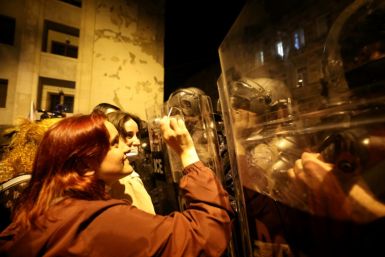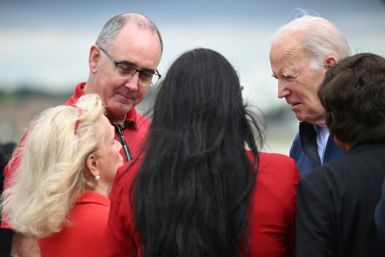Human Bites Kill More Than Dog Bites in Australia
According to the Australian Bureau of Statistics, Australians are more likely to die from caterpillar bite, gas cylinder explosion and falling off the bed.
The document released by the ABS on Nov 19 is called "3303.0.55.001 - Causes of Death, Australia: Doctor Certified Deaths, Summary Tables, 2012." The total number of death in 2012 was 147,098. The number increased marginally from the previous year as the total number of death was 146,932 in 2011.
Cancer remains to be the most frequent reason of death in 2012 just like the previous year. While 33.2 per cent of the people died of cancer in 2011, the percentage is almost identical in 2012, i.e. 33.1 per cent. 43,216 people died of cancer in 2011 and 42,961 in 2012.
Diseases of the circulatory system are the second most frequent reason of death in 2012. That year, 38,743 people died due to circulatory diseases in 2012, while it was 39,924 in 2011. About 6.9 per cent (7,865) of people died due to chronic ischaemic heart disease. Acute myocardial infarction was the next deadliest disease as it killed 8,588 people in 2012.
While no Australian died from leprosy, plague or rabies; there were hundreds who died from physical and mental disorder. On the other hand, even healthy Australians died due to weird reasons.
The 2011 report shows that an average Australian is 9 times more likely to die by drowning in the bathtub than by a train crash. Hot water taps, for some uncanny reasons, seem to kill more people than venomous spiders. More interesting facts reveal that people are 8 times more likely to be killed falling off a chair than off a skateboard. Dog bites kill less than human bites, the report reveals.
Excessive natural cold killed more than natural heat. In 2011, 987 people were killed by accidental poisoning by exposure to noxious substances. Poisonous plants and animals killed much more than lizards and snakes. Air and space accidents are 3 times more likely than accidents during water travel.
Fifty-eight Australians died falling off the bed, the 2011 report confirms.






